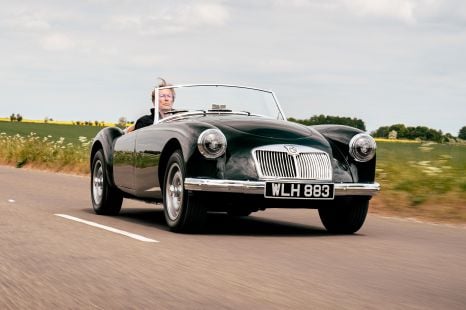

Angus MacKenzie
6 Days Ago

News Editor
After Edison Motors’ takeover fell through, SsangYong may have a new saviour that’s willing to pay a lot more.
Yonhap reports a consortium led by chemical-to-steel firm KG Group was chosen by the Seoul Bankruptcy Court last Friday as the preliminary bidder for the ailing automaker.
An auction is set to take place later this month, and already the suggested bids are higher than the last time.
The KG Group consortium and Sssangbangwool Group have reportedly suggested bidding prices of 900 billion won and 800 billion won, respectively (A$1.01bn and $904 million).
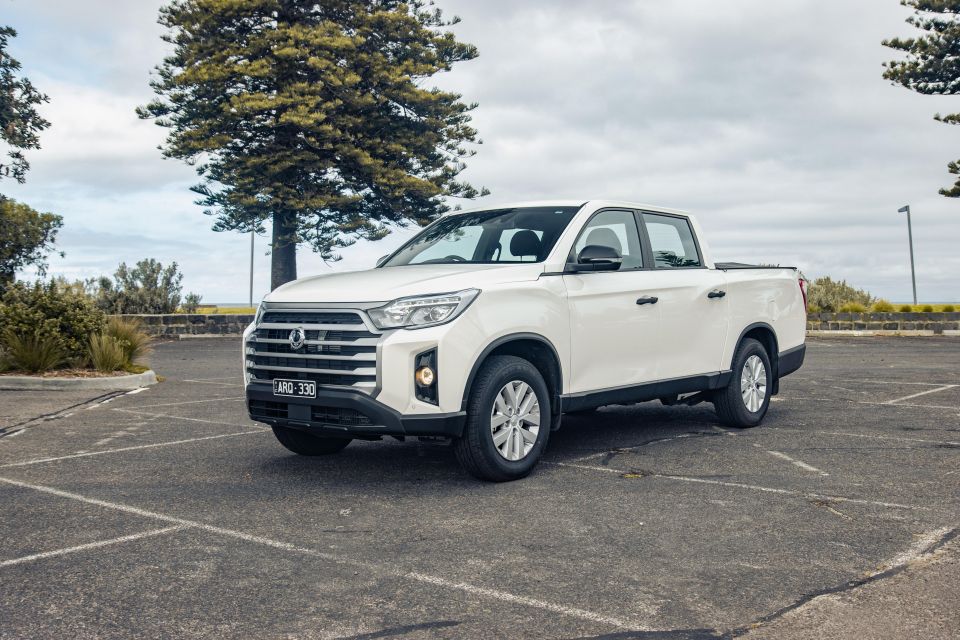
As the preliminary bidder, the KG Group consortium will make what’s called a stalking horse bid.
This is where it suggests its price for SsangYong prior to the auction, while other bidders will submit their prices at the auction. Should a company submit a bid higher than the KG Group, SsangYong can then ask the KG Group if it’s willing to pay this higher price.
“SsangYong will sign a stalking horse deal with the KG consortium early next week and then release a public notice for the new auction to find a new owner,” a company spokesperson told Yonhap.
KG Group was one of four firms that submitted letters of intent last month to SsangYong’s lead manager, accounting firm EY Hanyoung.
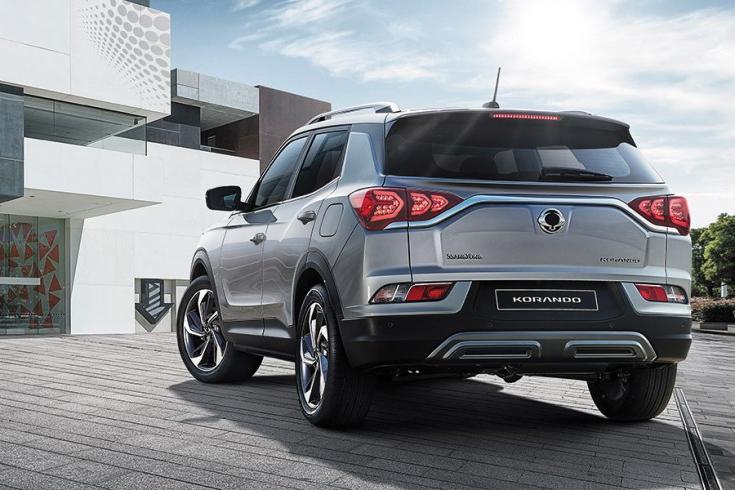
The others were Pavilion PE, electric vehicle parts manufacturer EL B&T, and underwear company Ssangbangwool. Both EL B&T and Pavilion PE submitted bids last year before Edison Motors was selected.
Pavilion PE and KG Group have subsequently teamed up, forming a consortium.
SsangYong and EY Hanyoung have reportedly accepted this consortium as being the one to beat in terms of not only its proposed bid, but also its fundraising plans and employment guarantee period.
Ssangbangwool, however, has reportedly vowed to still participate in the auction.
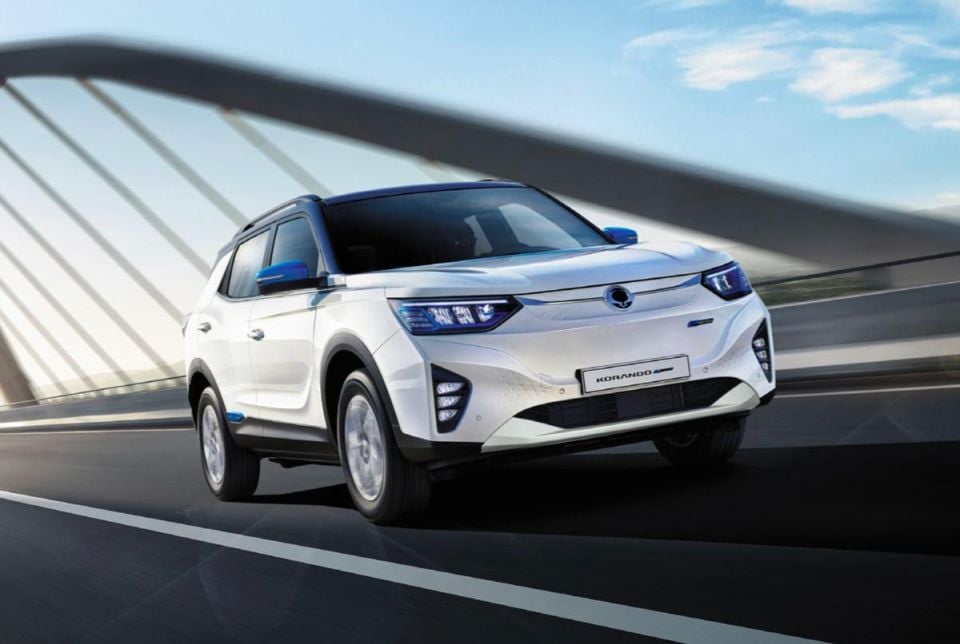
SsangYong has until October 15 to find a new owner and submit a new restructuring plan to the Seoul Bankruptcy Court.
It says it aims to sign a deal in early July and submit its plan to the court later that month in order to receive approval late in August.
SsangYong says its condition has improved since the merger and acquisition process started in June 2021.
It says it’s on track to launch the new J100 SUV at the end of June, with an electric SUV it’s calling the E100 – its second EV after the Korando -e-Motion – set to launch in the second half of next year.

SsangYong is also opening a plant in Saudi Arabia that’ll assemble vehicles from completely knocked down (CKD) kits.
It claims 30,000 additional vehicles will be exported annually following the plant’s construction, set to commence in 2023, while it also says it has 13,000 backorders globally.
For now, SsangYong remains in court receivership after walking away from the Edison Motors acquisition deal following the electric bus manufacturer’s nonpayment.
That led Edison Motors to ask the court to uphold the deal, but in effect the court ruled the deal was dead.
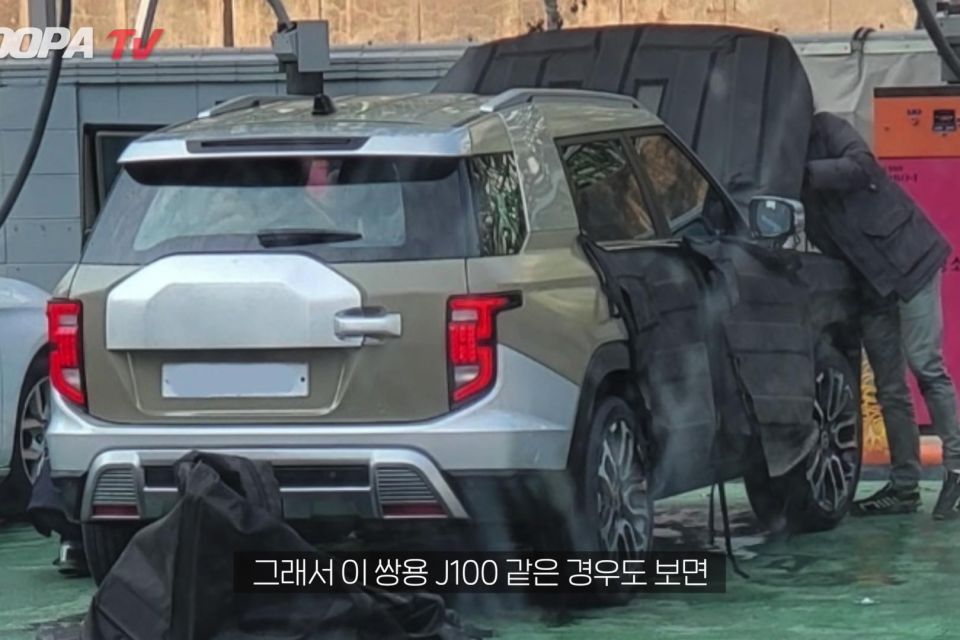
It had already been looking shaky for Edison’s deal, with SsangYong’s creditors rejecting it in objection to the proposed debt restructuring and payment scheme and its labour union opposing it due to concerns about Edison’s viability.
The union reportedly raised concerns Edison Motors didn’t have sufficient electrification technology for use in passenger vehicles and SUVs, despite Edison’s claims it could leverage its technology to shift production of petrol- and diesel-powered models to EVs within months.
SsangYong and Edison had also reportedly been in disagreement about key acquisition issues, such as management rights and the scope of technology sharing.
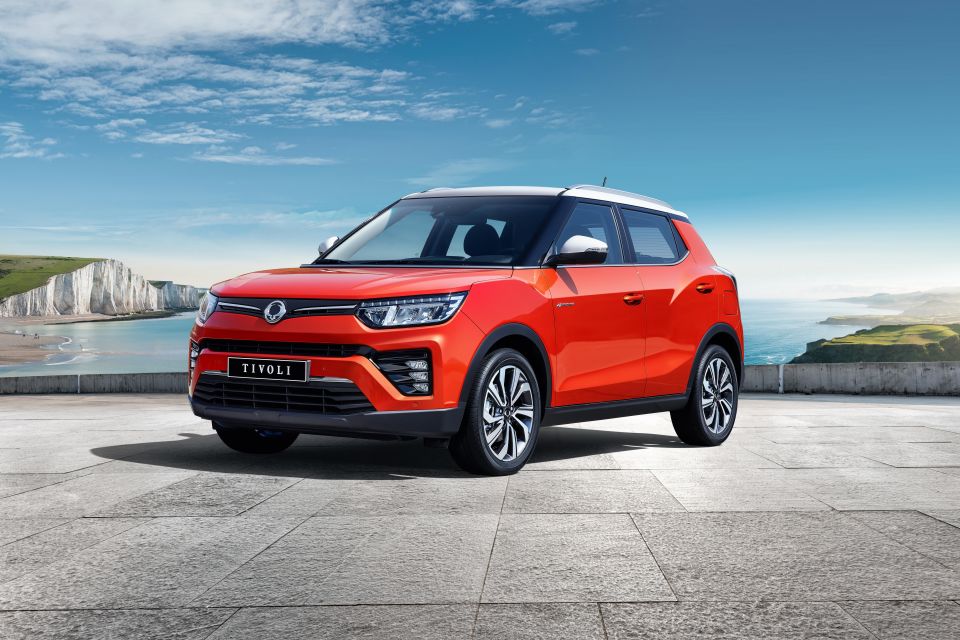
SsangYong has posted losses every year since 2017, recording an operating loss of 260.6 billion won in 2021.
It entered court receivership in April last year, when Mahindra & Mahindra said it would no longer fund it and confirmed it wanted to sell its 74.65 per cent stake in it.
That meant SsangYong had to go into court receivership once again in its life, having gone through this process a decade earlier.
SsangYong’s home life has been troubled for years, and it never seems to have a stable parent for long.
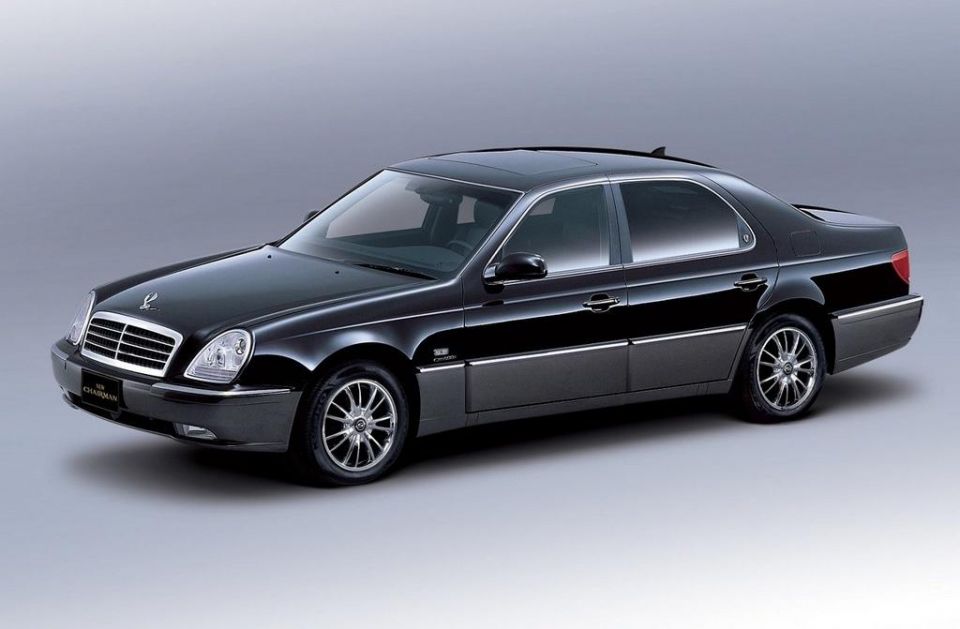
Daewoo bought a controlling stake in the company in 1997, only to offload it in 2000 as it experienced perilous financial woes of its own.
It endured a tumultuous few years under Chinese ownership, with SAIC Motor acquiring 51 per cent in 2004 but walking away in 2009 and leaving it in receivership.
Mahindra was the next parent to adopt SsangYong, acquiring a controlling stake of 70 per cent for 523 billion won in 2011.
MORE: SsangYong attracts four bidders following acquisition deal collapse – report MORE: SsangYong, the history of a brand with an uncertain future MORE: Edison Motors asks court to save SsangYong acquisition deal – report MORE: SsangYong suitor given court’s approval for purchase – report
Take advantage of Australia's BIGGEST new car website to find a great deal on a SsangYong.
William Stopford is an automotive journalist based in Brisbane, Australia. William is a Business/Journalism graduate from the Queensland University of Technology who loves to travel, briefly lived in the US, and has a particular interest in the American car industry.


Angus MacKenzie
6 Days Ago
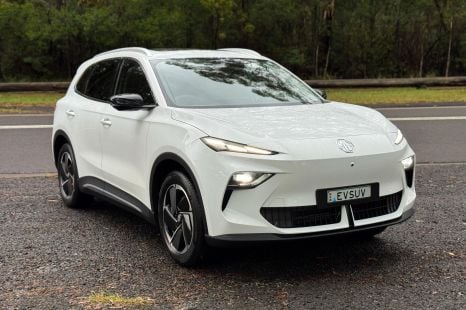

Matt Campbell
5 Days Ago
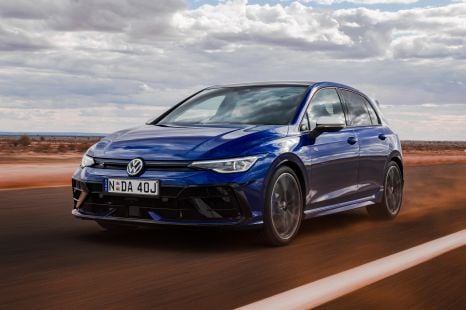

James Wong
3 Days Ago
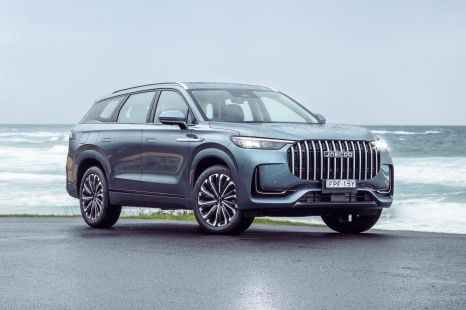

William Stopford
2 Days Ago
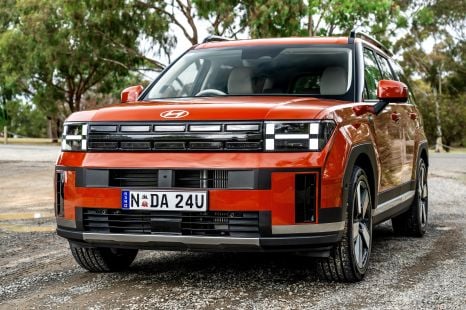

Max Davies
2 Days Ago
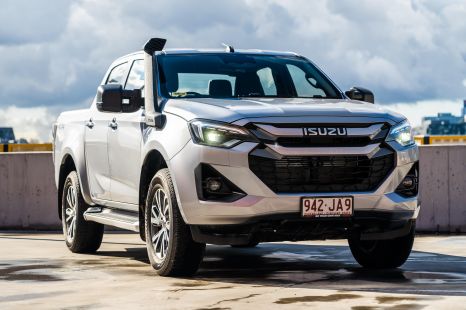

Max Davies
13 Hours Ago